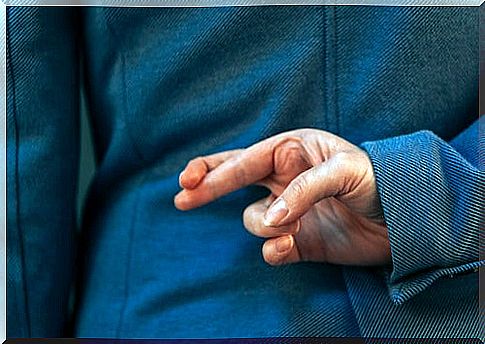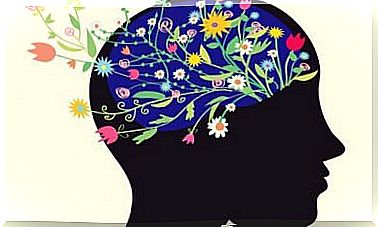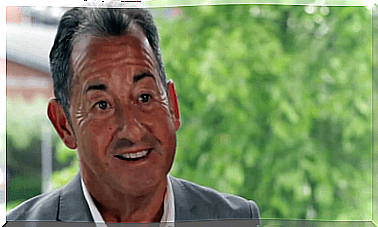Simulation, Lies And Deception: Three Forms Of Falsehood

There are different forms of falsehood in human behavior, as well as different levels, multiple purposes, and therefore very different consequences. Human beings are natural liars. We could say that there is not a single person who has been one hundred percent sincere in each and every moment of his life.
Generalized morality condemns any form of falsehood. This could be a mistake, since, in the first place, the lie is embedded in all human beings; and, second, the motivations for resorting to simulation, lying, and deception may even be valid in a given circumstance.
The very concept of truth is highly questionable, as it is very difficult to establish absolute certainties in most areas. Likewise, in good faith we can repeat a lie without even being aware of it or believing, in our inner heart, that what we say is true, without being it. For all the above, it is worth relativizing the moral value of the different forms of falsehood.

The forms of falsehood and nature
Human beings are not the only ones who resort to different forms of falsehood in our actions. Nature is full of examples of animal behaviors that are displayed to deceive predators or simulate behaviors to achieve a certain goal. In principle, the different facets of deception are aimed at survival.
When an animal stands still to be inconspicuous in front of its attackers, it is using a form of simulation. The same happens when it is camouflaged or when it is hidden. The goal is to deceive those who can harm you. Something similar happens if an animal wants to keep a food and waits for its adversary to be distracted to obtain it.
The human being begins to lie very early, for similar reasons. The nature of any living being is to look out for itself first before anyone else.
So openness and honesty are learned behaviors, but they don’t have the same meaning in all cultures. In some, these values are promoted because they are part of the pact of peaceful coexistence, while in others they are simply given a religious meaning of sin.
Simulation
Simulation is one of the forms of falsehood that goes unnoticed. At its most basic level it amounts to “pretending. ” This implies some degree of falsification of reality that is sometimes impossible to avoid. We simulate when we put on makeup, for example, or when we put perfume on top.
As in all forms of falsehood, in simulation there are also different degrees. It goes from the example of makeup to the concealment of important facets of ourselves or our lives, even adopting a false identity.
The purposes also vary. We pretend to please more, sometimes. Others, we do it as a survival resource ; for example, by not showing fear in the face of an attack, to dissuade the attacker from his act. We can also pretend out of fear of a serious consequence or to take advantage of others.

The lie and the deception
Between simulation, lies and deception there are certain nuances of difference, although they have in common the fact that they are three forms of falsehood.
The lie is more associated with verbal affirmations. You are basically lying when you deliberately state something that you know is not true.
Deception covers a wider field, since it is possible to deceive with the word, but also with the attitude or with the configuration of situations that cover up or falsify reality. In deception there is a complete plan, be it very basic or very elaborate. In this case there is also a process of awareness.
In humans, simulation, lying, and deception reach very sophisticated levels. What makes these behaviors morally reprehensible?
Two aspects that are closely linked to each other: motivation and purpose. In Colombia, an operation was carried out against the guerrillas, based on deception, simulation and lies. Thanks to this, the liberation of a group of hostages was achieved. Is it morally reprehensible?
In personal life it is also convenient to ask ourselves these questions. Simulation, lying and deception are not always morally reprehensible. Motivation and purpose are critical when evaluating these behaviors. However that may be, we will gain a lot if instead of rejecting these behaviors a priori, we subject them to a more impartial examination.









